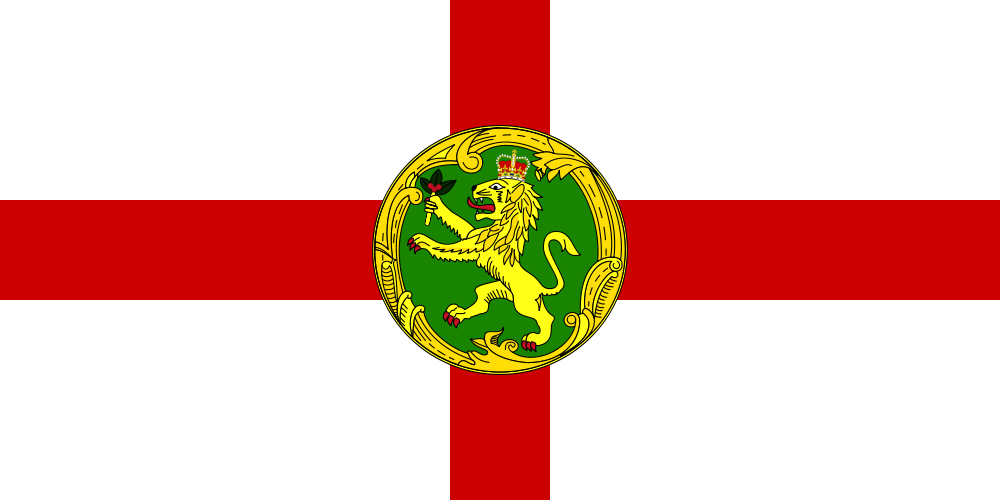Attracting and retaining customers plays a vital role in the
overall success of your online gambling business. You might have the best online casino software and website in the world but without customers you won’t generate any
profits. So how do you promote your sportsbook, casino or poker room?
Personally, I consider the overall reputation of your brand as
the most effective marketing strategy. A solid reputation guarantees customers
that your website is safe to gamble. Things like having a license, ensuring
fast payouts and respecting customer’s privacy are more important than
providing a wide variety of gambling products and offering big bonuses.
In this industry, just a few unsatisfied customers can bring
your business down. With so many forums and blogs related to gambling, just a
few complains and bad reviews are enough to lose customers’ trust in your
brand.
Nevertheless by constantly improving your products and giving
customers what they want is the safest and quickest way to build that
reputation in a very competitive industry.
But what customers want from an online gambling website? Let’s
see just a few aspects:
- · A safe and private environment to gamble;
- · Fast and secured payouts and deposits;
- · Diversity of payment methods;
- · Easy navigation on the website with quick access to products and bet markets;
- · Professional and prompt customer support;
- · Low profit margins for sportsbook which basically means higher odds; high payout percentage for all casino games; lower rakes for poker;
- · High quality and diversified gambling products;
- · Additional services like live streaming, mobile gambling and so on.
Now, let’s look at some other ways to promote your brand.
Bonuses are used by bookmakers to attract and retain
customers. Different bonuses are used for different situations:
A "Welcome bonus", also known as "First
deposit bonus" or "Match bonus”, is offered to all new customer
opening an account. Ex: 100% Welcome Bonus up to €200. This means customers get
a bonus with a value equal to the deposit but no higher than €200.
Free bet bonus is offered by bookmakers to promote a
particular event. In order to qualify for this type of bonus, customers need to
place an initial bet and then claim the free bonus usually with the same value
as the initial bet.
An inactivity bonus can be
offered to customers that have an account but with no gambling activity for a
certain period of time. The bonus acts like an incentive for the customer to
start gambling again.
Other bonuses can be: redeposit
bonus, win/lose bonuses (bonus offered in order to retain a customer when he
won/lost a certain amount and to avoid a payout request), free iSlot spins for
the casino, promotions for poker tournament participation, referral bonuses,
using a certain payment method bonus and many more. As an operator you can create and promote your
own set of bonuses according to your marketing strategy.
Referral and affiliate programs are very effective marketing
strategies to attract new customers. A referral program rewards users win commissions
or bonuses for promoting your website to other people. Affiliate programs are
designed for webmasters that will post your marketing material (text links,
banners, adds, etc.) on their websites and gain a commission for the traffic they
divert to your website.
A study made in 2010 by Philipp Schmitt (Ph.D. student in the
Marketing Department, School of Business and Economics, Goethe University Frankfurt) and Bernd Skiera (Professor of
Marketing and Member of the Board of the E-Finance Lab, School of Business and
Economics, Goethe University Frankfurt) shows that referral programs are very efficient
marketing strategies. By tracking 10.000 customers of a German bank for 3 years
their study shows that referred customers: have a higher contribution margin, have
a higher retention rate and are more valuable both in the short and long run. The
average value of a referred customer is at least 16% higher than that of a
non-referred customer with similar demographics and time of acquisition.
Those are just a few marketing strategies operators can integrate in a larger marketing campaign that could include online marketing as
well as traditional marketing strategies like brochures, vouchers, posters,
banners and many more.
I hope you found this material useful and I’m looking
forward to hear only good things about your online gambling brand.










